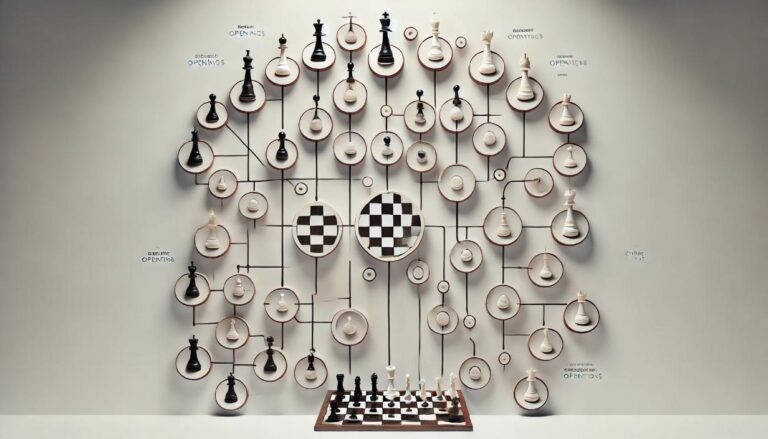Introduction
In the world of chess, players are constantly looking for ways to gain an advantage over their opponent. While honing technical skills and studying strategic openings is certainly valuable, some players also turn to psychological tricks in order to gain an edge. These tricks can range from subtle mind games to more overt psychological warfare tactics. But do they really work? In this essay, we will explore the effectiveness of psychological tricks in the game of chess.
The Role of Psychology in Chess
Chess is a beautifully complex game that requires a balance of analytical thinking and intuitive decision-making. Itâs not surprising, then, that psychology also plays a significant role in this game. From the moment players sit down at the board, they are observing and analyzing their opponentâs every move. This ability to read oneâs opponent and anticipate their next move is a crucial aspect of the game.
The Power of Body Language
One common psychological trick that players use is manipulating their body language in order to deceive their opponent. This can include displays of confidence, such as maintaining strong eye contact and a relaxed posture, or expressions of uncertainty and doubt, such as excessive fidgeting or avoiding eye contact. By carefully controlling their body language, players can potentially influence their opponentâs perception of their own abilities and game strategy.
The âClock Trickâ
Another psychological trick commonly used in chess is the âclock trickâ. In official chess tournaments, players are required to hit a clock after each move, which adds time to their opponentâs clock and moves the clock back to their side. Some players may intentionally make quicker movements when it is their opponentâs turn, putting pressure on them to make a hasty move. This can lead to mistakes or rushed decisions, potentially giving the player implementing the clock trick an advantage.
Reverse Psychology
Another popular psychological tactic in chess is reverse psychology, where a player encourages their opponent to make a specific move by suggesting it is not a good move. For example, a player may say âIt would be a terrible mistake to take that pawnâ in order to entice their opponent to do just that. This trick can be effective in luring an opponent into a trap or creating a diversion, but it also relies on the opponentâs ability to read between the lines and not be easily influenced.
Conclusion
It is clear that psychological tricks can have some impact in the game of chess, but ultimately their effectiveness depends on the skill, experience, and mental resilience of the opponent. While these tricks may work against some players, they are unlikely to have an effect on highly skilled and strategic players. Ultimately, the key to success in chess lies in a combination of technical skills, strategic thinking, and the ability to remain focused even in the face of psychological tricks.


